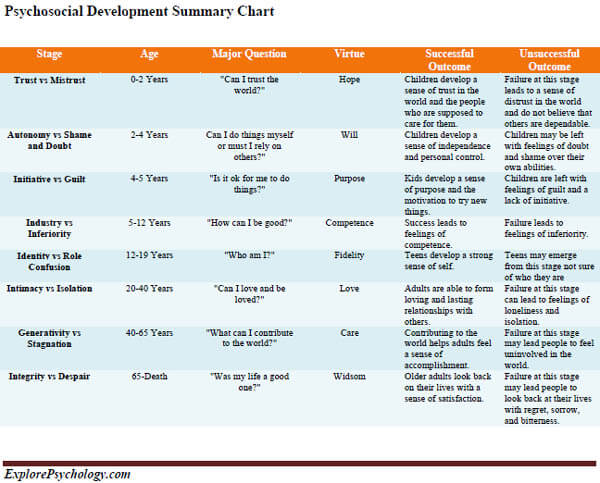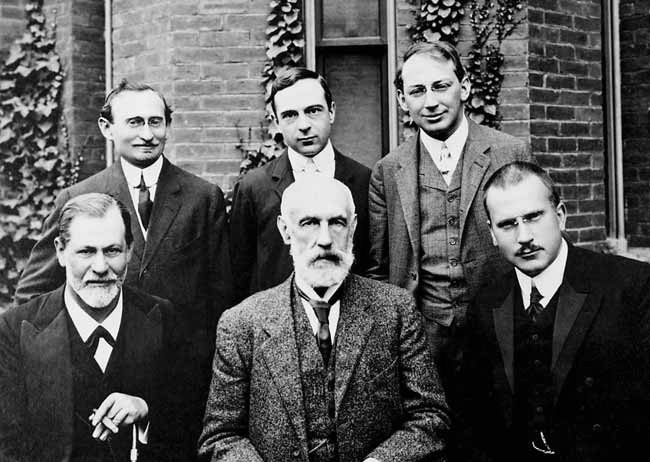Psychologist Job Outlook: What Is the Job Market for Psychology Majors?
The psychologist job outlook is expected to be stronger than the average over the next decade, which is perhaps why psychology has become one of the most popular majors at universities throughout the United States, ranking in the top five degrees awarded at many schools. It has also become a popular online degree option, with…


















